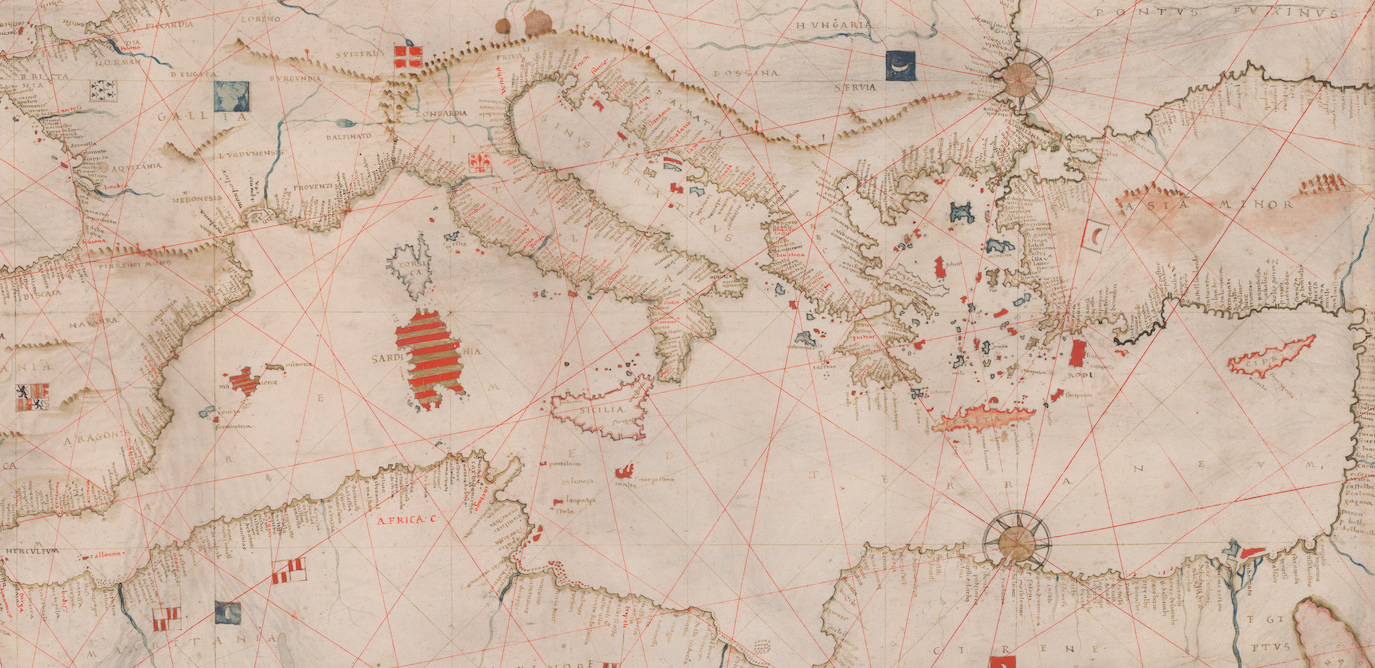Παρουσίαση/Προβολή

European Renaissance III: The Mediterranean
(CIVIS103) - Georgios Pelidis, Lorenzo Bartoli, Vassiliki Koutsobina, Anna Themou
Περιγραφή Μαθήματος
The course adopts a comparative methodology in order to study the integration of Renaissance culture in a broader context of cultural exchange. It examines a variety of ideas and products that the West retrieved from the East and vice versa, reflecting on the creative assimilation of different traditions across the Mediterranean.
The rediscovery of classical Roman and Greek culture in the course of the late 14th and 15th centuries and the great pan-European flowering in art, literature, architecture, music, science, philosophy and politics, has been interpreted as the epoch that made the modern world truly modern. During this process of various (re)descoveries, the Mediterranean also played an important role. As the French historian Fernand Braudel (1902-1985) defined “the Mediterranean is a thousand things at once. Not one landscape but innumerable landscapes. It is not one civilization, but a number of civilizations, piled one on top of the other [...].”.
The integration of the high culture of the Italian Renaissance into a larger history of cultural exchange is that the Renaissance owed a great deal to the exchanges between East and West. The Mediterranean is an ancient crossroads. For millennia all has coalesced in it, complicating and enriching its history. Furthermore, the impact of this exchange cannot simply be measured by finding the products and ideas that the West took from the East, or vice versa, but is found in the deliberate and creative assimilation of diverse traditions that led to the cultural dynamism of the early modern era.
This BIP will focus on Renaissance (XIV-XVI cent.) and the Mediterranean Sea, as a key to the construction of a European Cultural Tradition based on the Classical Heritage. The BIP will have a strong interdisciplinary perspective as: a) history and identities; b) Mediterranean and European cultures; c) art, literature, music, architecture; d) navigation, commodity trades.
Ημερομηνία δημιουργίας
Πέμπτη 18 Ιανουαρίου 2024
-
Περίγραμμα
Δεν υπάρχει περίγραμμα